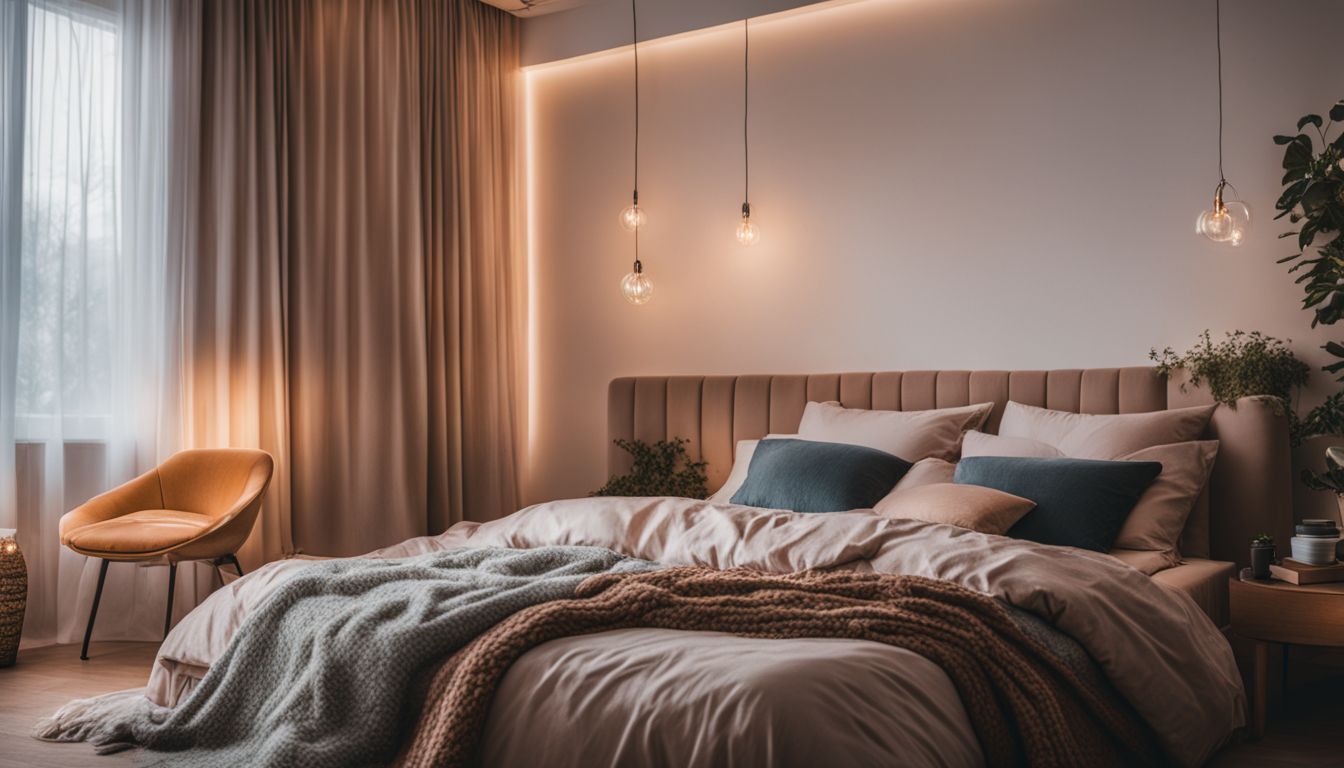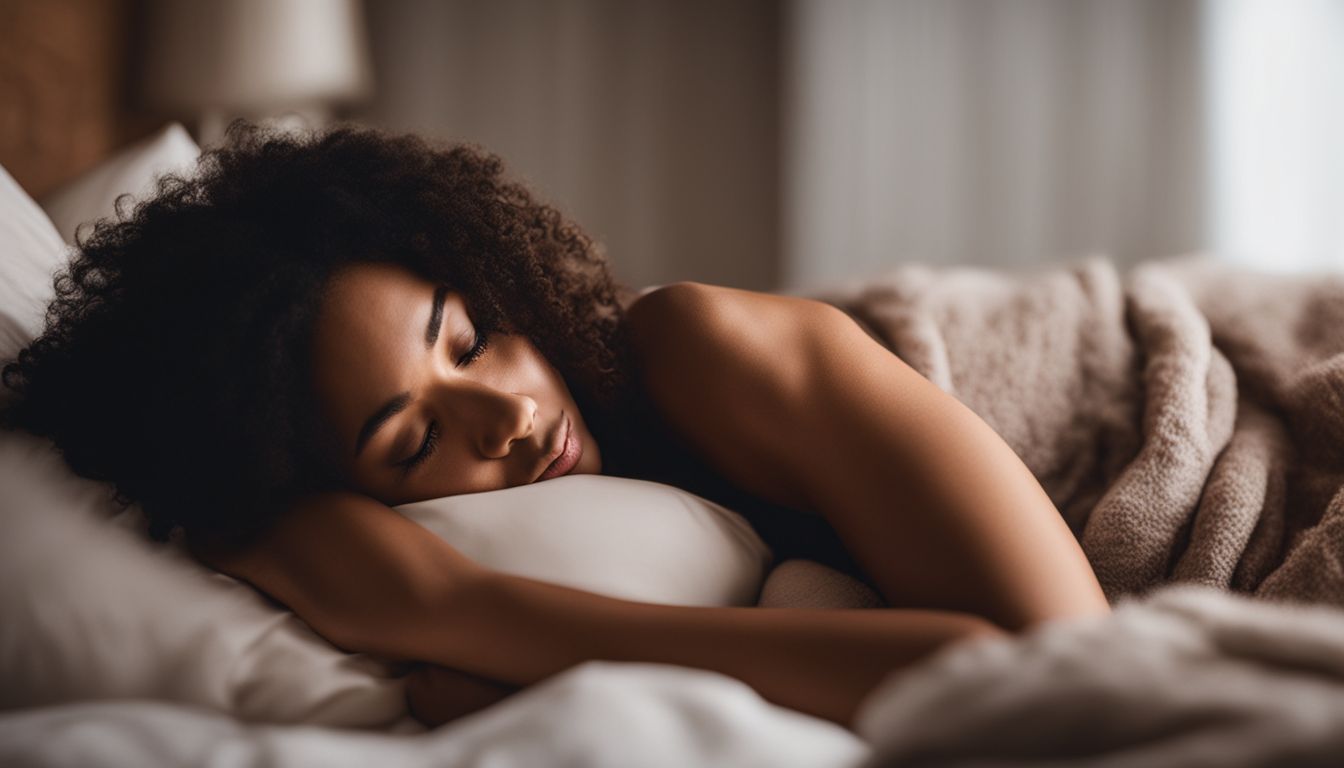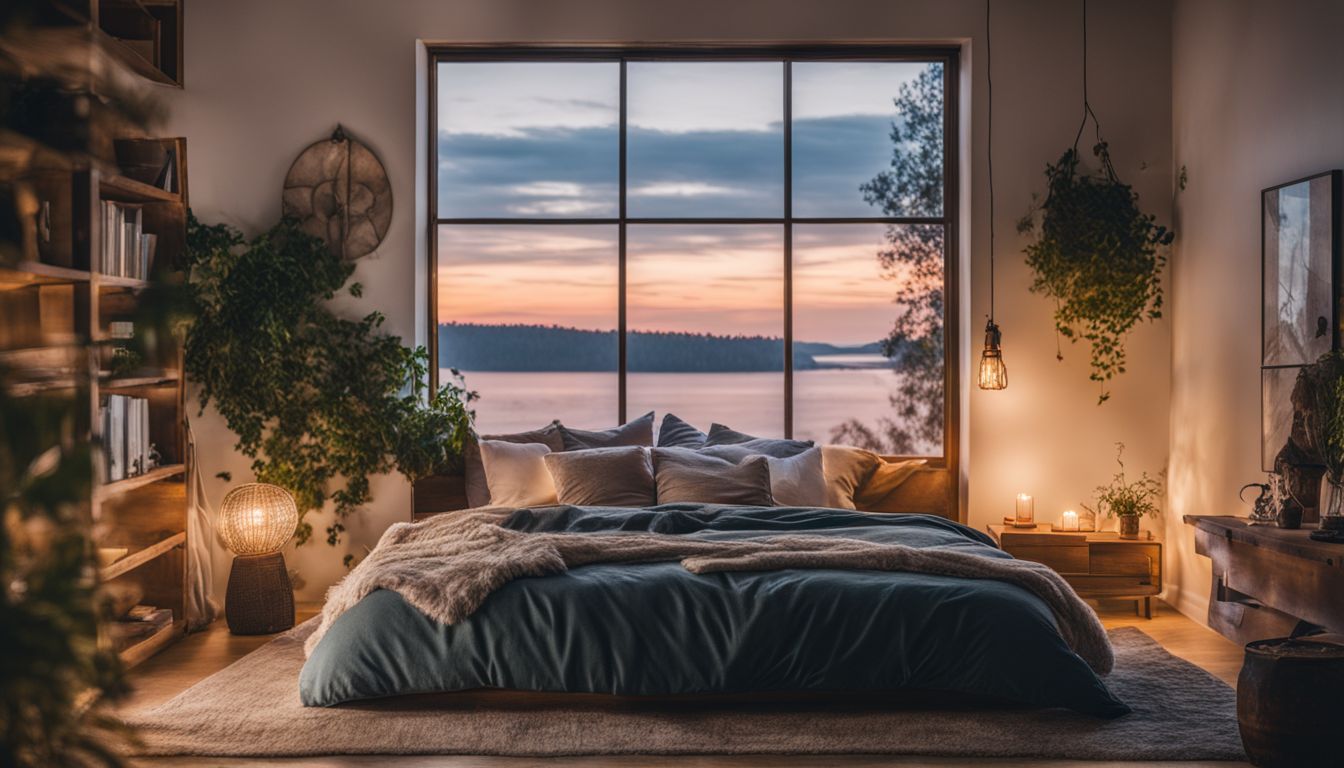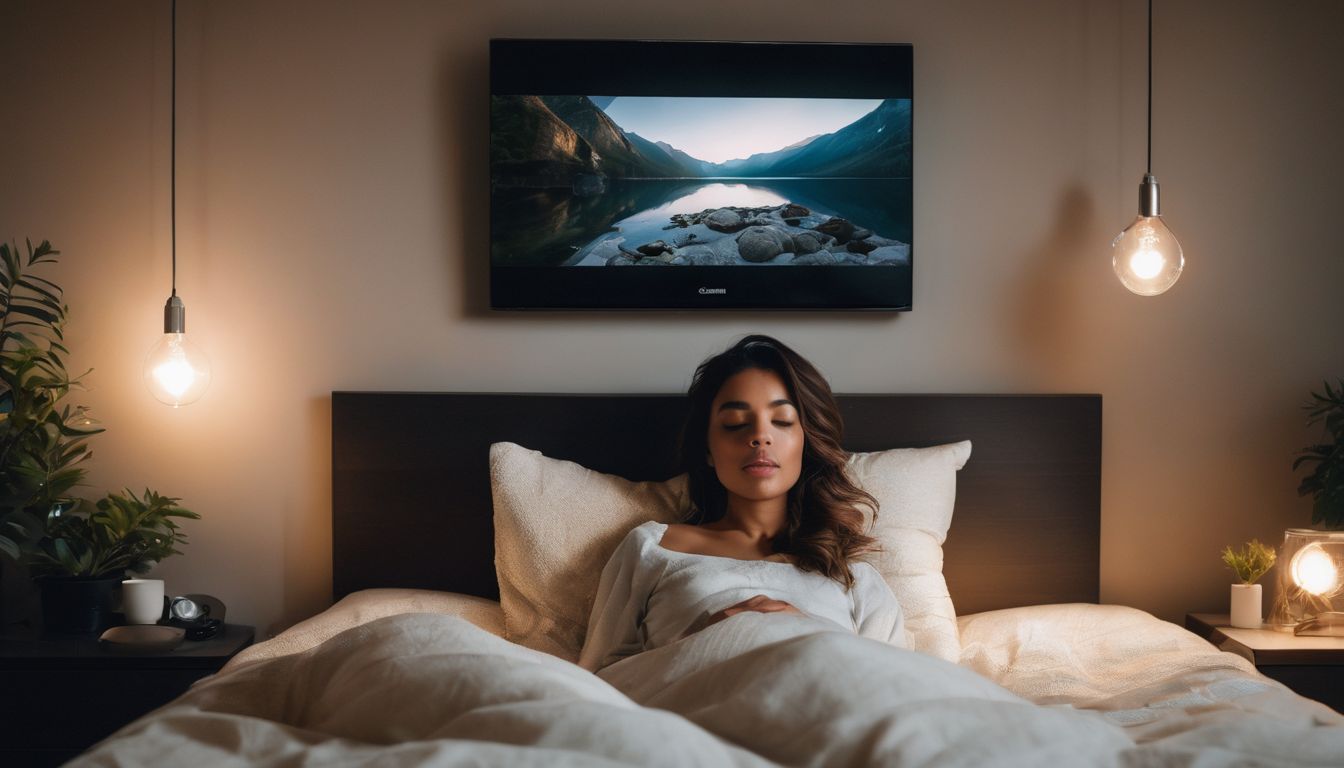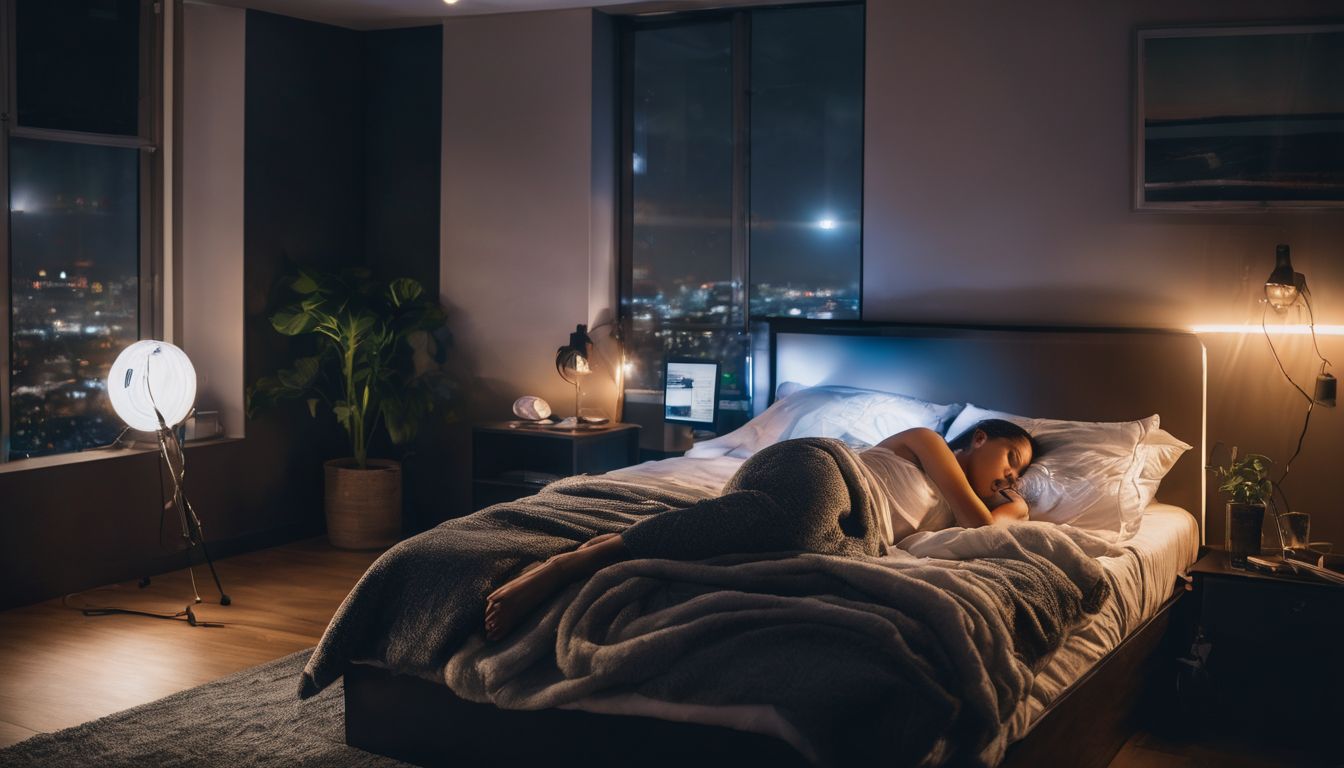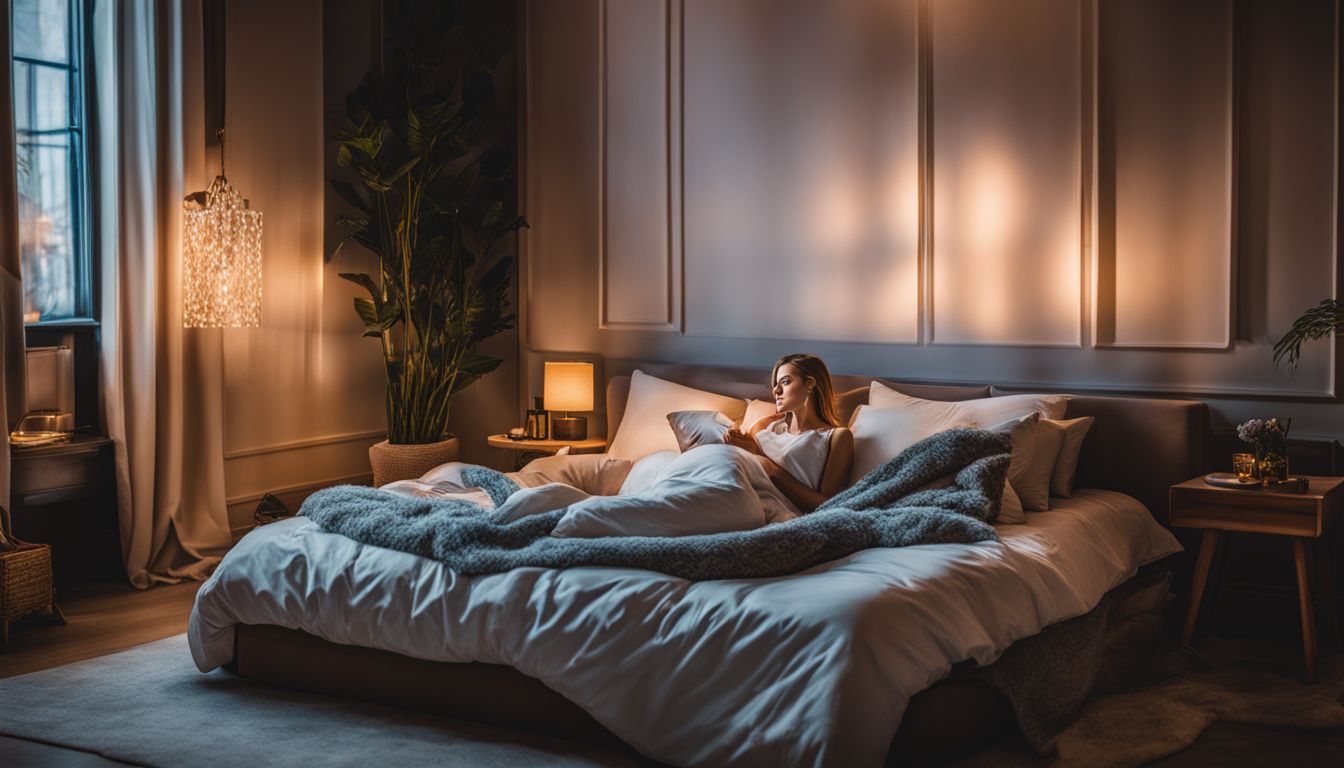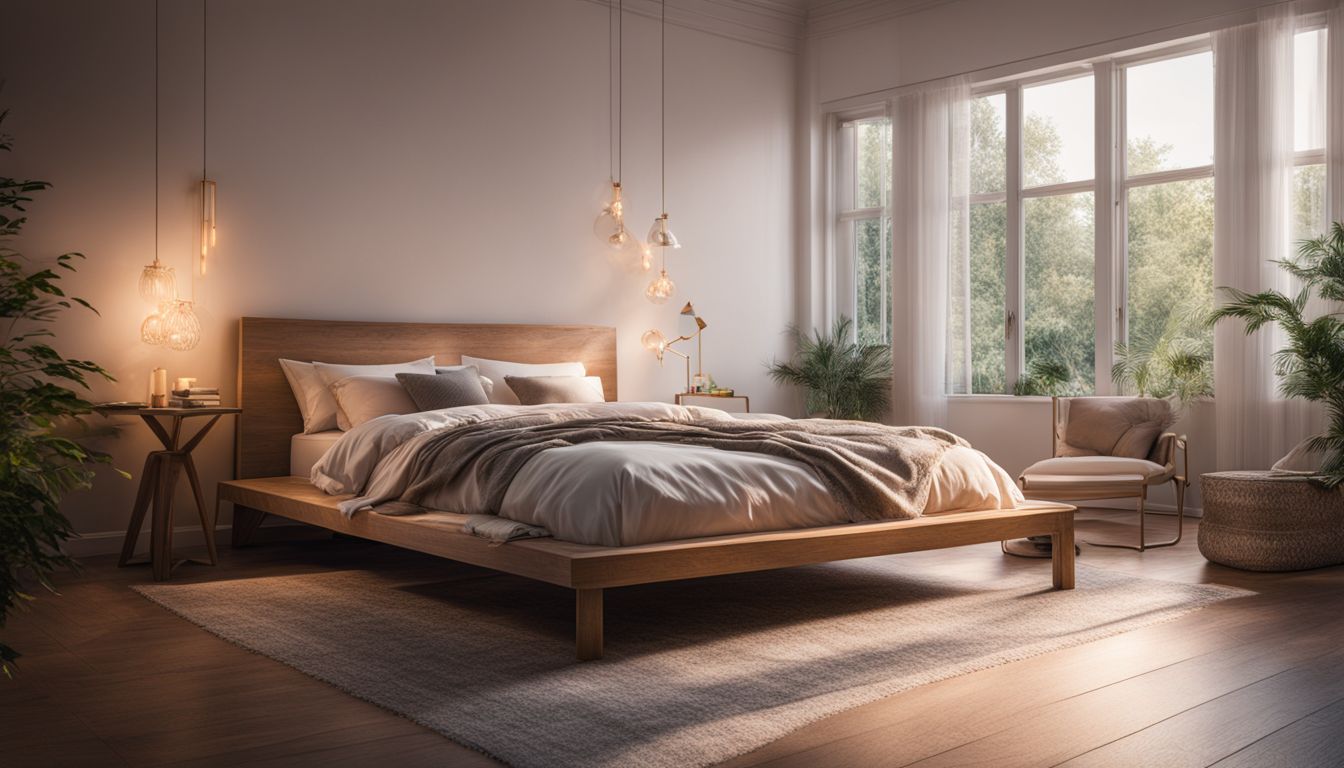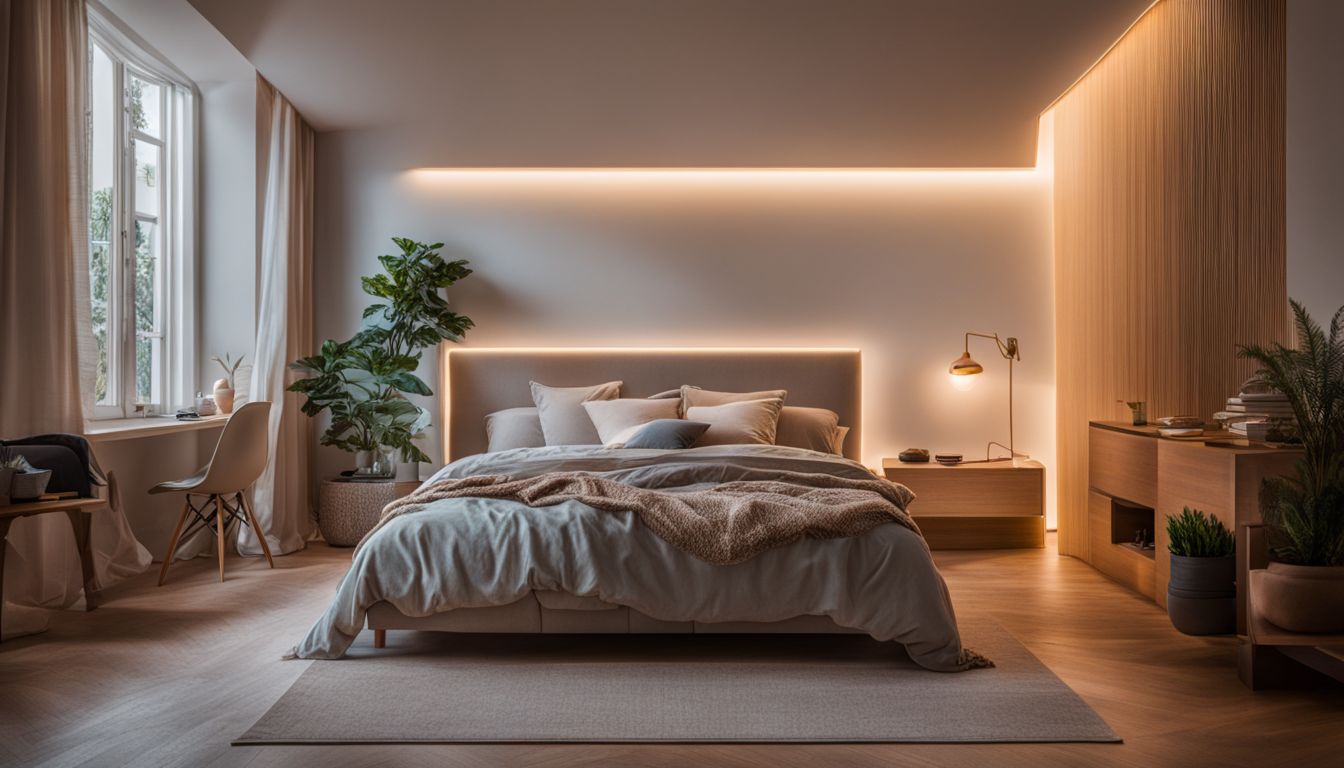5 Sleep Specialists On What They Do When They Can’t Fall Asleep
Sleepless nights got you worried? You’re not alone – even sleep specialists sometimes struggle to fall asleep. This blog dives into the personal strategies of five renowned sleep experts when they face insomnia, offering practical tips and insights from those who understand sleep best.
Curious? Join us on this journey towards healthier slumber!
Key Takeaways
- Sleep specialists are medical professionals who specialize in diagnosing and treating sleep disorders.
- There are different types of sleep specialists, such as sleep medicine physicians, sleep psychologists, neurologists, pulmonologists, otolaryngologists (ear, nose, and throat specialists), dentists, and pediatricians.
- When seeing a sleep specialist, patients can expect to undergo sleep studies and ask questions about their sleep patterns and habits.
- Sleep specialists can diagnose and treat various conditions like insomnia, narcolepsy, and sleep apnea. Treatment options may include cognitive behavioral therapy (CBT), medication management, or the use of devices like continuous positive airway pressure (CPAP) machines.
What is a Sleep Specialist?
Sleep specialists are medical professionals who specialize in diagnosing and treating sleep disorders. They are trained to evaluate symptoms, conduct sleep studies, and develop personalized treatment plans for patients.
What They Do
Sleep specialists have a lot of tasks. They study how we sleep and look at what can go wrong. With this knowledge, they can tell us how to fix our sleep problems. Some people may move too much in their sleep.
This makes it hard for them to get a good night’s rest. A type of test called a sleep study helps find out what is wrong. It looks at how you breathe and move while asleep. Not everyone needs one though! But if you do, it can give the doctor lots of useful info about your sleep habits.
Types of Sleep Specialists
There are different types of sleep specialists who can help with sleep-related issues. Here are some of them:
- Sleep Medicine Physicians: These doctors specialize in diagnosing and treating sleep disorders. They may order tests, prescribe medications, or recommend other treatments.
- Sleep Psychologists: These professionals focus on the psychological aspects of sleep and can help with conditions like insomnia or nightmares.
- Neurologists: These doctors specialize in the nervous system and can diagnose and treat sleep disorders that are caused by neurological conditions.
- Pulmonologists: These doctors specialize in the respiratory system and can diagnose and treat sleep disorders related to breathing difficulties, such as sleep apnea.
- Otolaryngologists (Ear, Nose, and Throat Specialists): These doctors can help with sleep-related issues that are caused by problems in the nose or throat, such as snoring or sleep apnea.
- Dentists: Some dentists specialize in treating sleep disorders by creating custom oral appliances that help keep the airways open during sleep.
- Pediatricians: Pediatricians specialize in children’s health and can help diagnose and treat sleep disorders specific to children.
What to Expect When Seeing a Sleep Specialist
When seeing a sleep specialist, patients can expect to undergo sleep studies and ask questions about their sleep patterns and habits.
Sleep studies
Sleep studies are an important tool used by sleep specialists to diagnose and understand sleep-related issues. These studies involve monitoring a person’s brain waves, breathing, heart rate, and movements while they sleep.
By analyzing the data from these studies, experts can determine if there are any underlying medical conditions affecting sleep quality. Sleep studies can help diagnose conditions such as insomnia, narcolepsy, and sleep apnea.
They provide valuable insights that guide treatment plans for individuals struggling with sleep problems.
Questions to ask
- What are the possible causes of my sleep problems?
- How can I improve my sleep quality?
- Are there any lifestyle changes I should consider?
- Are there any medications or treatments that may help?
- What are the potential side effects or risks associated with different treatments?
- Can you recommend any relaxation techniques or strategies to help me fall asleep?
- How long should it take for the recommended treatments to show improvement in my sleep?
Conditions That Sleep Specialists Treat
Sleep specialists are trained to diagnose and treat a variety of sleep disorders, including insomnia, narcolepsy, and sleep apnea.
Insomnia
Insomnia is a common sleep disorder that makes it hard to fall asleep or stay asleep at night. It can leave you feeling tired, irritable, and unable to concentrate during the day. Sleep specialists often work with individuals who have insomnia to find ways to improve their sleep.
One recommended treatment for insomnia is cognitive behavioral therapy (CBT), which helps address the underlying causes of sleep problems instead of relying on sleeping pills. Relaxation techniques like deep breathing exercises or progressive muscle relaxation can also be helpful in promoting better sleep.
Narcolepsy
Narcolepsy is a condition where a person experiences excessive daytime sleepiness and may have sudden, uncontrollable episodes of falling asleep. It is caused by a problem with the brain’s ability to regulate sleep-wake cycles.
People with narcolepsy can also experience other symptoms like cataplexy (sudden loss of muscle control), hallucinations, and sleep paralysis. Sleep specialists can help diagnose narcolepsy through evaluations and tests like a polysomnogram or multiple sleep latency test.
Treatment for narcolepsy often includes medications to manage symptoms and improve wakefulness during the day. They may also provide lifestyle recommendations to promote better quality sleep at night for individuals with narcolepsy.
Sleep Apnea
Sleep apnea is a condition where a person’s breathing repeatedly stops and starts during sleep. It can cause loud snoring, gasping for air, and daytime fatigue. Sleep specialists are experts in diagnosing and treating sleep apnea.
They may recommend lifestyle changes, such as losing weight or sleeping on your side, to help reduce symptoms. In some cases, they may prescribe a continuous positive airway pressure (CPAP) machine to keep the airways open while you sleep.
Sleep specialists play an important role in helping individuals manage their sleep apnea and improve their overall quality of life.
How to Find a Sleep Specialist
To find a sleep specialist, you can start by looking for sleep clinics and centers in your area. Another option is to seek the help of sleep consultants who can provide guidance and recommendations.
Lastly, don’t hesitate to talk to your primary care doctor for referrals and more information.
Sleep clinics and centers
Sleep clinics and centers are places where individuals can seek professional help for their sleep problems. They offer specialized care and expertise in diagnosing and treating sleep disorders. Some important facts about sleep clinics and centers include:
- Sleep clinics and centers have trained professionals who specialize in sleep medicine, such as sleep specialists, neurologists, or pulmonologists.
- These facilities are equipped with state-of-the-art technology to conduct comprehensive sleep studies, also known as polysomnograms, which monitor brain activity, breathing patterns, heart rate, and other physiological factors during sleep.
- Sleep clinics and centers provide a comfortable environment designed to promote relaxation and encourage natural sleep.
- During a visit to a sleep clinic or center, patients may undergo various tests to evaluate their sleep quality, diagnose any underlying conditions, and develop personalized treatment plans.
- Treatment options provided by sleep clinics may include behavioral interventions, medication management, or the use of devices like continuous positive airway pressure (CPAP) machines for conditions like obstructive sleep apnea.
- Sleep clinics often collaborate with other healthcare providers to ensure comprehensive care for patients with complex medical conditions affecting their sleep.
- It is essential to consult with a healthcare professional or primary care physician before making an appointment at a sleep clinic or center to discuss symptoms and determine if a referral is necessary.
Sleep consultants
Sleep consultants are professionals who specialize in providing guidance and advice to individuals struggling with sleep issues. They work closely with patients to develop personalized sleep plans and offer strategies to improve sleep quality. Here are some important points about sleep consultants:
- Sleep consultants have expertise in various areas of sleep, including insomnia, sleep apnea, and circadian rhythm disorders.
- They assess the individual’s sleep patterns and habits to identify any underlying factors contributing to their sleep difficulties.
- Sleep consultants may suggest lifestyle modifications, such as creating a consistent bedtime routine or optimizing the sleep environment, to promote better sleep.
- They may recommend relaxation techniques and stress management strategies to help reduce anxiety or racing thoughts that can interfere with falling asleep.
- Sleep consultants often employ cognitive behavioral therapy for insomnia (CBT – I) techniques, which focus on addressing negative thought patterns and behaviors that can disrupt sleep.
- They may collaborate with other healthcare professionals, such as doctors or therapists, to ensure a comprehensive approach to improving sleep health.
Talking to a doctor
If you’re having trouble sleeping, it’s important to talk to a doctor. They can help diagnose and treat any underlying sleep issues you may have. During your appointment, the doctor will likely ask about your symptoms and medical history.
They may also recommend a sleep study to gather more information about your sleep patterns. It’s essential to be honest with your doctor and provide as much detail as possible so they can accurately assess your situation and develop an appropriate treatment plan for you.
Remember, seeking professional help is the first step towards achieving better sleep quality.
Conclusion
In conclusion, hearing from sleep specialists can provide valuable insights and strategies for those who struggle to fall asleep. Trying relaxation techniques, seeking cognitive behavioral therapy, and considering a sleep study are all helpful options.
Remember that occasional difficulty sleeping is normal, but if it becomes a persistent issue, it’s important to seek professional help.
FAQs
1. What are some tips from sleep specialists for falling asleep?
Sleep specialists suggest creating a bedtime routine, avoiding electronic devices before bed, keeping your bedroom cool and dark, and practicing relaxation techniques like deep breathing or meditation.
2. How long should it take to fall asleep?
On average, it should take around 10-20 minutes to fall asleep once you get into bed. If it takes longer than that consistently, it may be a sign of insomnia or other sleep disorders.
3. Should I stay in bed if I can’t fall asleep?
No, experts recommend getting out of bed if you can’t fall asleep within 15-20 minutes. Engage in a relaxing activity such as reading or listening to soft music until you feel sleepy again.
4. When should I see a sleep specialist for help with insomnia?
If you regularly have trouble falling or staying asleep and it affects your daily life and well-being, it is advisable to see a sleep specialist who can evaluate your sleep patterns and provide appropriate treatment options.


